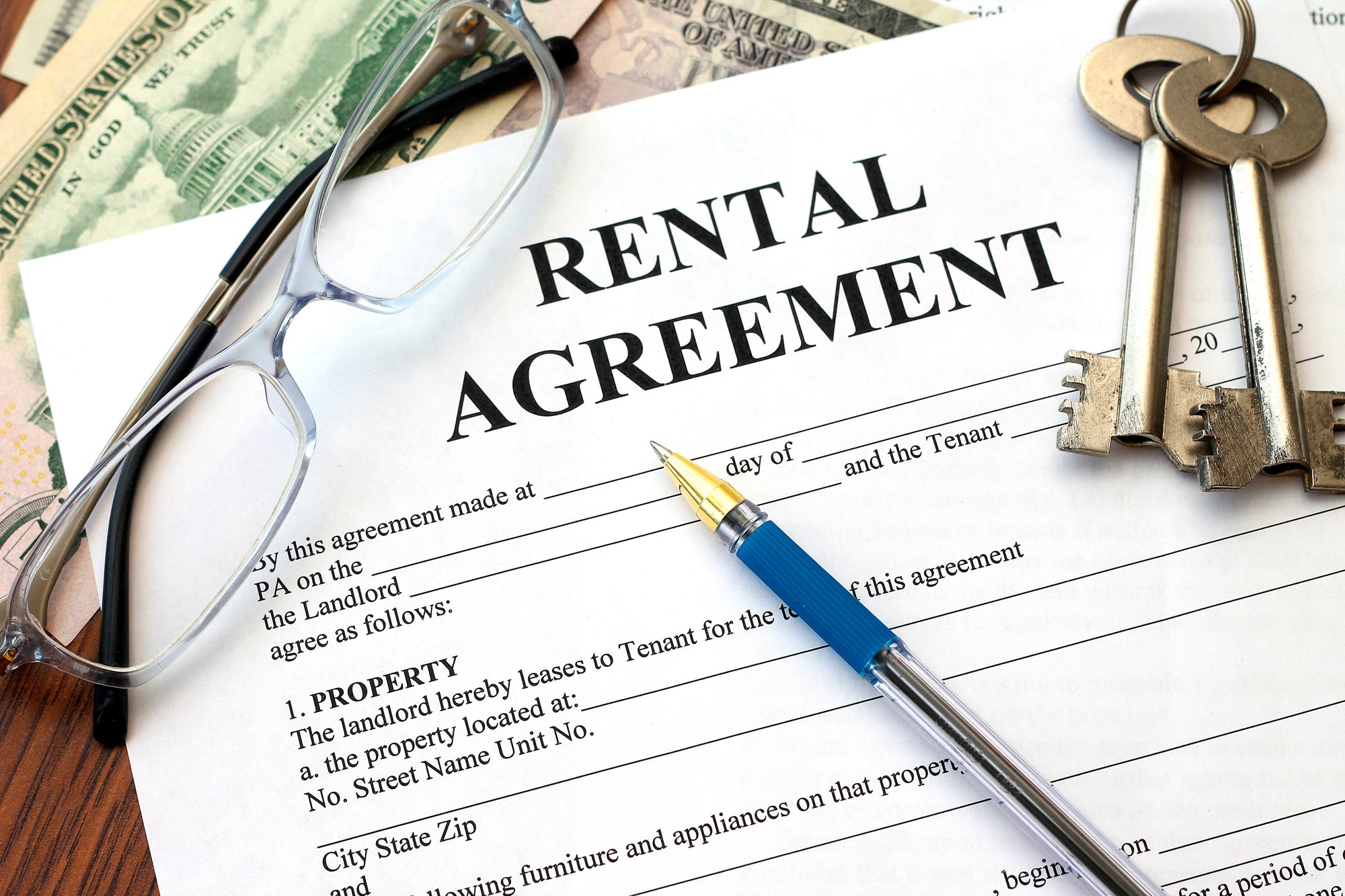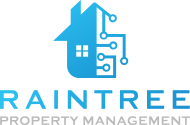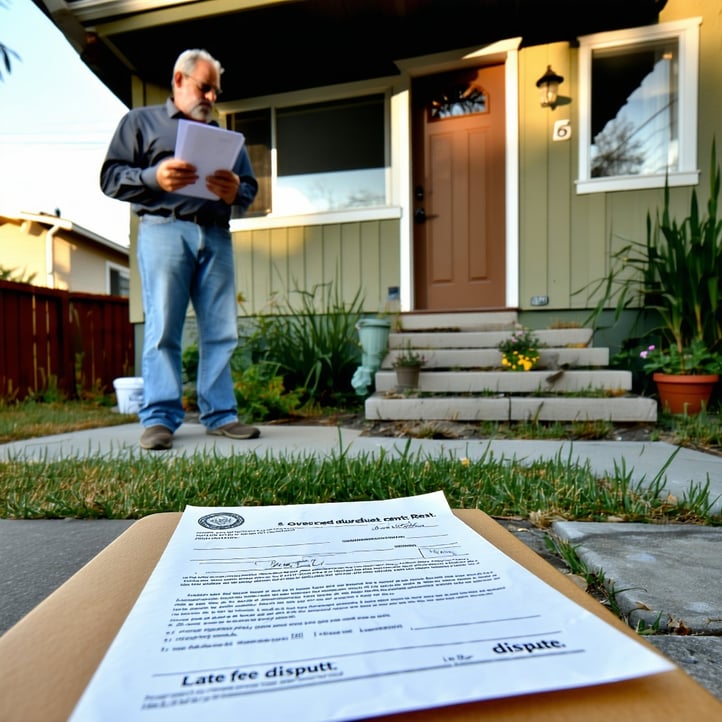The lease is the founding document of your rental business; this crucial agreement between you and the tenant is an integral part of how you set expectations and lay out your requirements. It can be a resource for you and your tenants to turn to with questions or guidance and can go a long way towards preventing problems before they occur! A well-written lease will set you up for success and make your job as a landlord significantly easier; a poorly written contract will leave questions and loopholes and can end up hindering you if you need to take action against a tenant for a violation.
Understanding how important this document is, what can you do to make sure that your lease or rental agreement is air-tight? Here are some tips for making sure that your lease will hold up when it needs to in the North San Diego County area.
Make Your Lease “Yours”
The ease of picking up a blank lease template online and making a few changes can tempt many landlords. While this will save you some time and allow you to possess a rental agreement in some capacity, it won’t make your lease as strong as it can be. Focus your contract on the federal, state, and local laws that apply to North San Diego County as well as specific terms or requirements that you want to see for your properties. Remember that rules can vary on a local level for a wide array of items such as:
- Security Deposits
- Delivering Notice of Entry
- Required Disclosures
- Short term rentals (like Airbnb)
- Penalties for late rents
Since your lease is a legal document, do your homework and make sure that it will hold up in your rental market and for each unique property you have.
Be as Specific as Possible
Your lease sets expectations for tenant behavior and allows you a chance to spell out clear consequences in the face of violations as well. This opportunity is a good reason for you to be as specific as you possibly can about several essential details. Consider clarifying the follow things up front:
- The rental term (for example, one year, month to month, etc.)
- Start and end dates for the duration of the lease
- Rent amounts and additional fees (such as pet rents or deposits)
- Due dates and consequences for late payments
- Instructions for rent payments
- Pet requirements
- Utilities (what utilities are covered by tenants versus included in the rent)
- Maximum occupancy terms
- Maintenance instructions and protocols
In addition to explicitly stating terms, don’t neglect to include the right clauses; these are items that can help to guide you or your tenants in certain situations. Examples often include:
- A Sublet Clauses that require tenants to get permission before subletting.
- A Disturbance Clause that requires tenants to behave in a way that does not disturb neighbors, especially before certain hours. This clause may include items such as quiet hours.
- A Rent Liability Clause that explicitly states that the tenant is legally responsible for paying rent for the duration of the lease.
- An Access to Premises Clause allows you to access your property with proper notice and during reasonable hours.
There are many other things to cover here too; like clauses that require tenants to maintain the property, covert their lease to a month-to-month (if they haven’t moved out by the expiration of the lease), or ensure that if someone deems part of the lease invalid, that the rest of the lease will remain valid.
Review Your Lease, and Update It Often
It’s worth reviewing and updating your lease every time you move new tenants in or renew a lease with someone you’re renting to currently. This practice ensures that your terms are up to date; current language prevents anything from slipping through the cracks. Take a look at rental terms such as tenant names, dates, and fees—especially with leases that you’re renewing.
Make sure that your leases reflect your current rental prices: the housing market can fluctuate a lot based on supply, demand, and seasonality. Updating your rental prices with each review of your lease will prevent you from having to deal with significant price hikes down the line.
Keep up with any applicable landlord-tenant laws: updating your lease to include the most up to date legal changes will make sure that your lease covers you if you find yourself facing a tenant from across a courtroom.
Take the opportunity to reconsider any rules that you’ve specified in prior leases. You may want to restrict pets when you’ve allowed them previously or have your lease renew automatically instead of converting to a month-to-month contract. Reviewing your lease regularly is your chance to integrate changes seamlessly into your rental cycles.
A Local Property Manager Can Help!
It’s a good idea to get some legal review when writing a lease and to take a look at what other landlords are doing with their lease documents. A good local property management company can offer these services—and more! If you need help with your lease, a great place to start would be with our FREE guide on How to Choose the Best North County San Diego Property Management Company! Writing a great lease begins with great property management!





